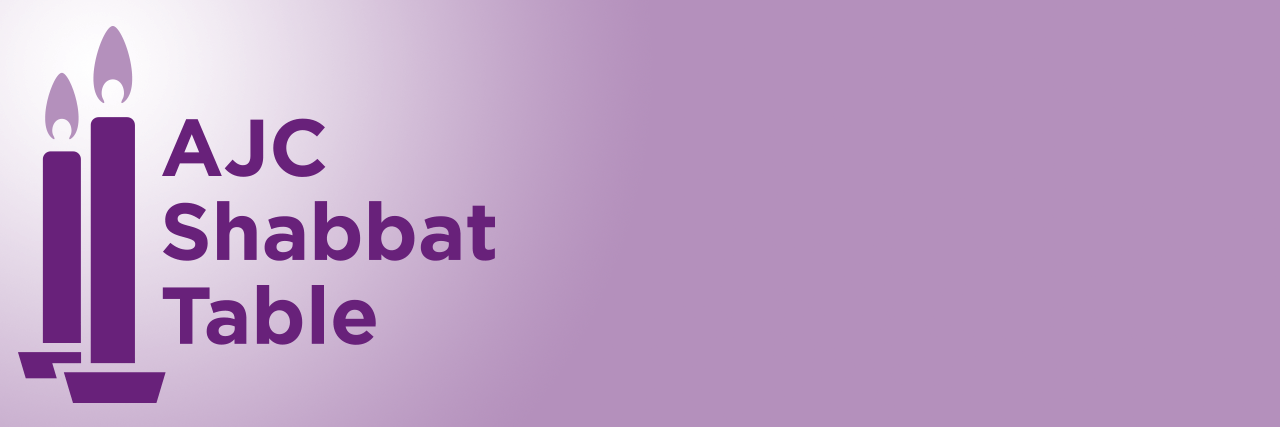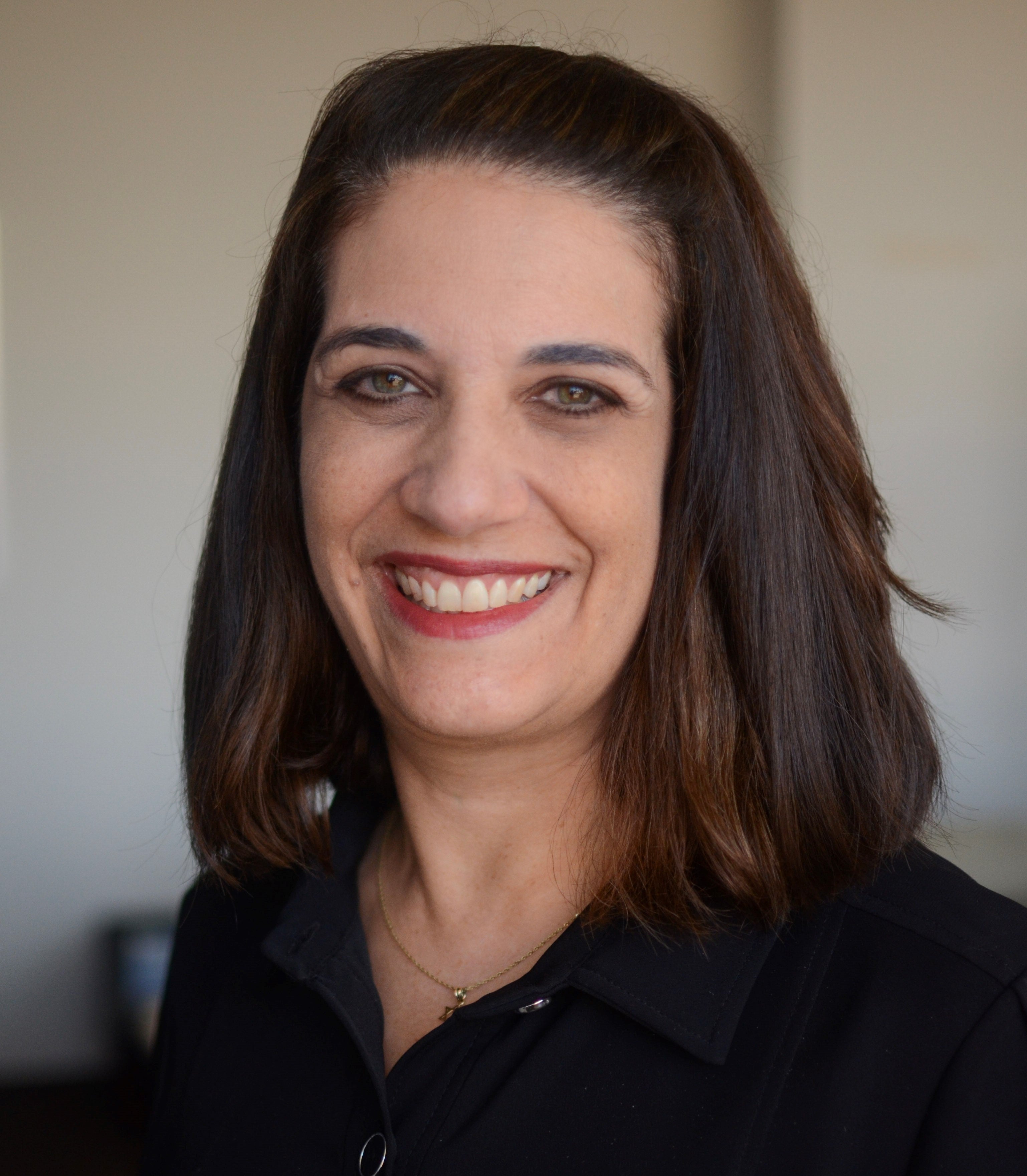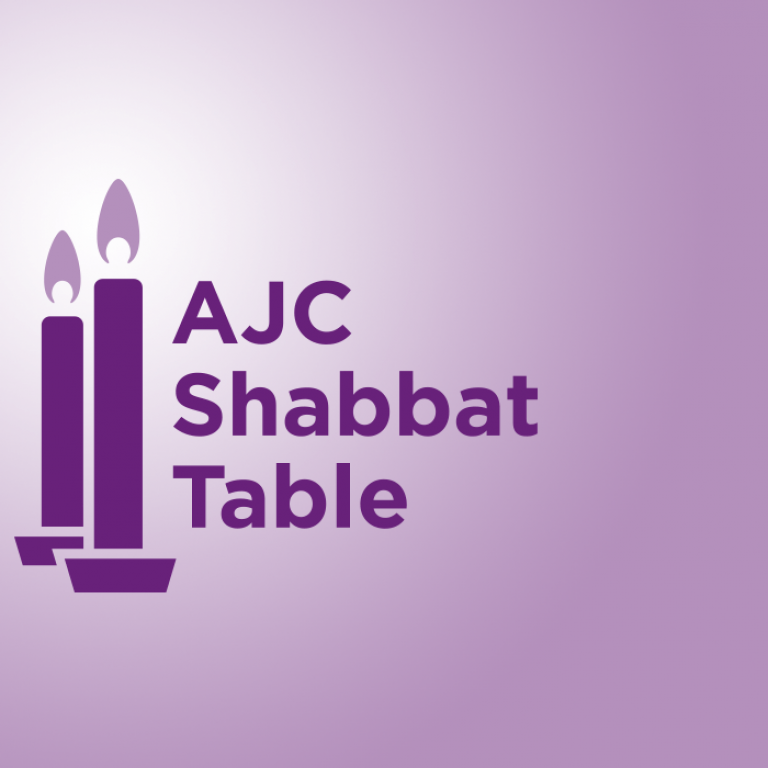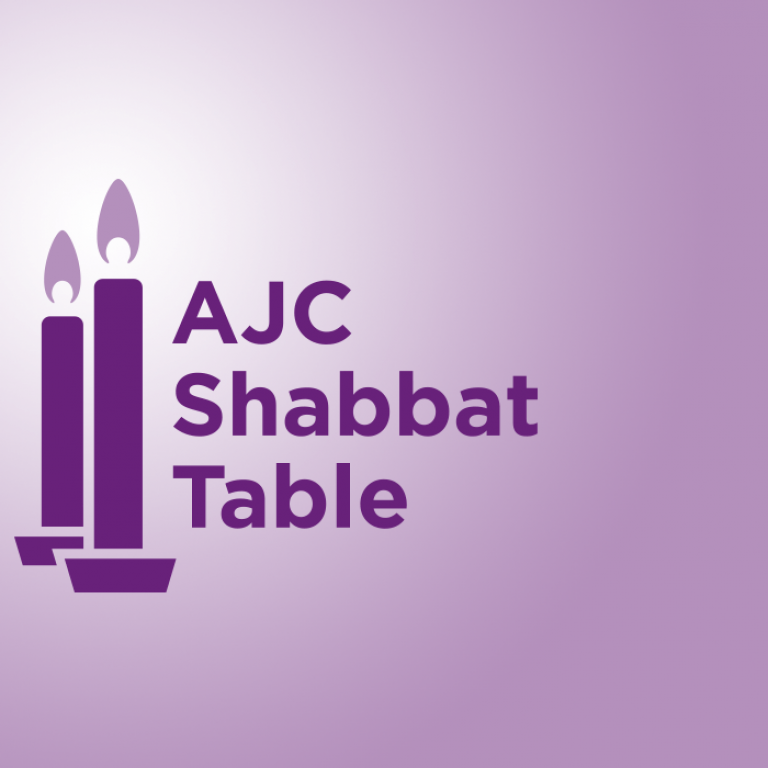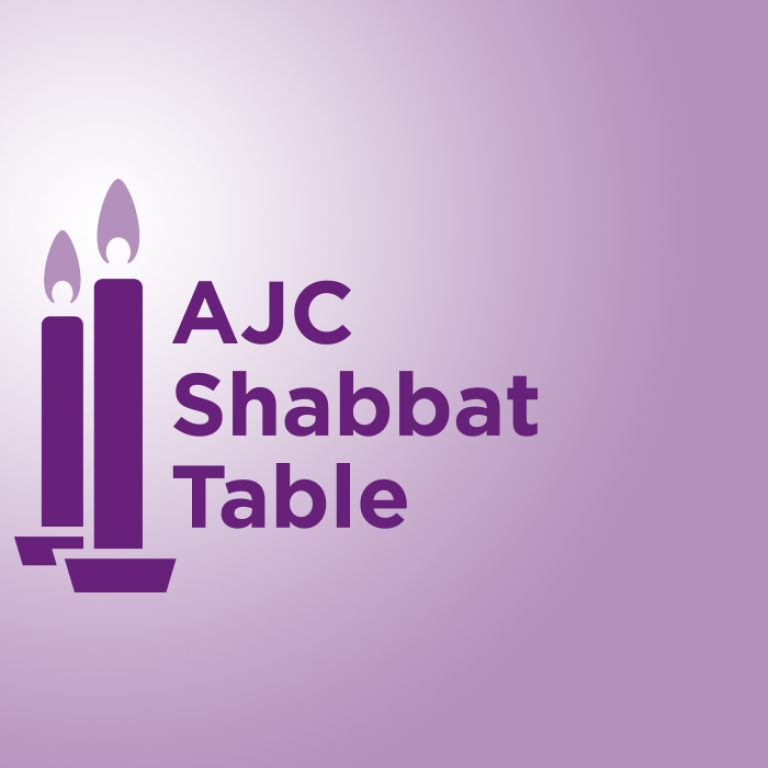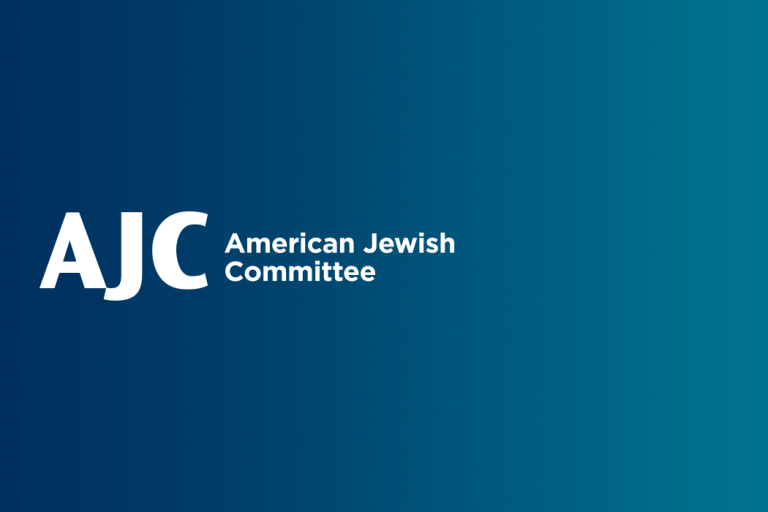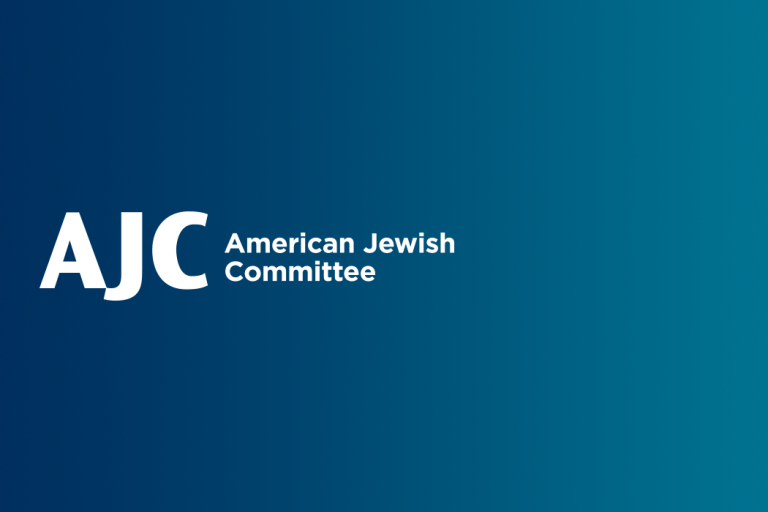April 2, 2021
This Shabbat: Shabbat Shvi’i Shel Pesach
According to Jewish tradition, the last days of Pesach, which we celebrate this Shabbat and Sunday, mark the anniversary of the Children of Israel crossing the Red Sea to freedom. The story of that crossing seems made for the movies: as the Children of Israel fled Egypt, the Egyptians changed their mind about letting them go free and set off in pursuit. The Children of Israel reached the banks of the Red Sea and found themselves trapped between the water and the rapidly advancing Egyptians. Filled with panic, they called upon Moses to take them back to Egypt so at least they would not die in the wilderness. Moses didn’t know what to do. He stood at the shores of the Red Sea and just prayed for God to save them. It is at this moment that the Midrash tells us that a man named Nachshon ben Aminadav took matters into his own hands. He waded into the sea, not knowing what would happen, and as the water began to envelop him, God saw his bravery and instructed Moses to raise his staff over the sea. The waters miraculously parted, allowing the Jews to cross to safety.
Truly understanding the mindsets of those in the past is difficult. We have the benefit of knowing how their stories turn out, so it is hard for us to fully comprehend the extent of their fears and lack of knowledge of the future as they made difficult decisions in the moment. With Nachshon, we know that God parted the Red Sea and the Children of Israel crossed to safety. But, as he waded into the waters, Nachshon had no idea whether he would be able to cross to the other side or if he would drown trying. He just knew that he needed to act, so he acted.
In this way, Nachshon reminds us of activists throughout history who have waded into potentially treacherous waters without knowing whether they would drown or succeed. As we immerse ourselves in our advocacy work today, we sometimes look back at those who came before us and think their causes were simple. Who wouldn’t support the State of Israel in the wake of the Holocaust? Who wouldn’t support integration during the Civil Rights Movement? But, in fact, when activists set out to fight for these causes, they faced enormous opposition. The picture was far from clear; indeed in many ways, it was as muddy for those activists as our causes are for us today. If the world’s challenges were simple, we wouldn’t need activism to overcome them. As we head into these last days of our holiday of liberation, let us channel the courage of Nachshon and jump in to build a better world, however murky the path ahead might seem.
For Shabbat Table Discussion:
- What change do you want to fight for this year?
- Who do you see as today’s Nachshons? Why?
- According to some Hasidic traditions, the Messiah is supposed to come on the last day of Pesach. Indeed, the Haftorah reading for the last days of Pesach is a messianic vision from the prophet Isaiah, who famously declared, “And a wolf shall live with a lamb, and a leopard shall lie with a kid.” Is there a link between the activism of Nachshon ben Aminadav and a messianic era of peace between all peoples?
- One of the earliest military operations in Israel’s War of Independence was called “Operation Nachshon.” Beginning on April 5, 1948, 73 years ago this week, the Operation worked to break the siege of Jerusalem. It was temporarily successful, allowing convoys to bring desperately needed supplies to the beleaguered Jewish community in the city. While Arab militias were able to set up new roadblocks that effectively reinstated the siege of Jerusalem, a few weeks later, the Israeli army succeeded in building the Burma Road, a new access route to Jerusalem, which ended the siege. Israel often uses biblical names and phrases for its military operations. Why do you think it does this?
This Week in Jewish History
April 7, 1740 - Birth of Haym Salomon
Haym Salomon is a storied name in American Jewish history. An American Jewish patriot, he helped to finance the American revolution against England. Born in Poland, Salomon emigrated to New York in 1772. After arriving in New York, Salomon became a well-known merchant and financier and soon associated himself with the patriot cause, helping to provide supplies to American troops once war broke out in 1776. He married Rachel Franks in 1777; the couple’s ketubah is located in the archives of the American Jewish Historical Society in New York City.
Because of his work on behalf of the patriot cause, Salomon was arrested twice by the British. The first time, he gained release in exchange for using his language skills to communicate with the German mercenary soldiers working for the British army. Rather than helping the British though, Salomon secretly encouraged the German soldiers to desert! The second time he was arrested by the British, Salomon was sentenced to hang. He managed to escape, likely due to the help of other patriots, and fled to Philadelphia where he resumed his work as a financier. In 1781, when Congress established the Office of Finance to save America from financial ruin, Salomon helped broker loans to the new government and even lent sums of his own money to members of the Continental Congress and other government officials, charging interest well below market rates.
In addition to his work on behalf of the United States, Salomon was an active member of the American Jewish community. He was a member of two storied early American synagogues: Shearith Israel in New York and Mikve Israel in Philadelphia, and sat on the first known American Beit Din (arbitration court of Jewish law). A strong advocate for the Jewish community, Salomon was a leader in the successful effort to repeal a Pennsylvania law that barred non-Christians from holding public office.
Sadly, despite his many accomplishments, Salomon died in debt, having been owed money that was never paid back by the United States government. But his work on behalf of the United States has been marked in various ways throughout American history. There have been at least two monuments erected in America to commemorate his life: one in Los Angeles and one in Chicago. The New York City Parks Authority named a square in the borough of Queens after him, and in 1975, as part of America’s Bicentennial celebration, the United States Postal Service issued a stamp in his honor, calling him a “Financial Hero of the American Revolution.” Salomon should be remembered as a patriot and proud Jew whose life work helped ensure the success of the American project and helped the American Jewish community thrive.
Shabbat Shalom and Chag Sameach!
שבת שלום וחג שמח!
